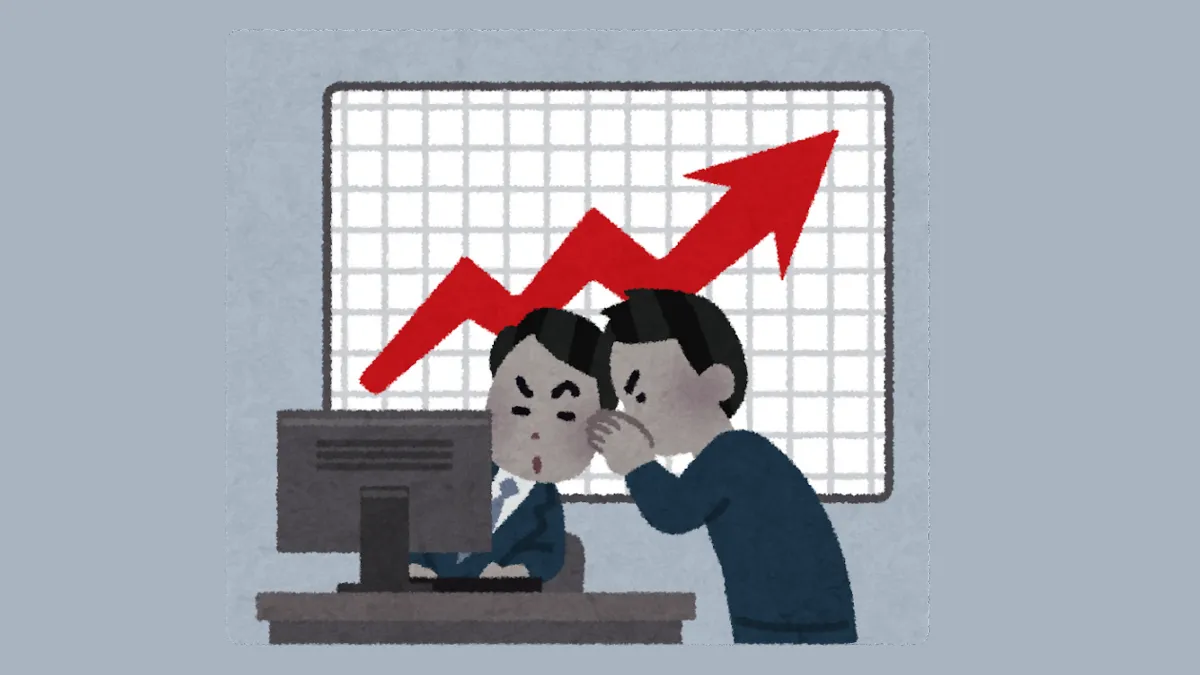How to Avoid Margin Call Notifications?
What is a Margin Call Notification?
In foreign exchange trading, a Margin Call is a warning issued by the broker when the account funds are insufficient to maintain open positions. After receiving a Margin Call, you may be required to add funds, or you may face forced liquidation.To avoid this situation, you need to take some preventive measures. Here are several effective methods:
1. Use Leverage Wisely:
While leverage can amplify potential profits, it also magnifies losses. Using excessively high leverage increases your risk and makes you more susceptible to market fluctuations. Therefore, choosing an appropriate leverage ratio is crucial.Recommendations:
- Try to keep the leverage ratio within a manageable range.
- As your trading experience increases, gradually adjust leverage according to your personal risk tolerance.
2. Set Stop Loss Orders:
Stop loss orders are an important tool to protect your funds. By setting stop loss orders, you can automatically exit trades when market prices are unfavorable, limiting the extent of losses and preventing the margin level from falling to the point of triggering a Margin Call.Recommendations:
- Set stop loss orders for every trade to prevent sudden market fluctuations.
- Ensure that stop loss points are adjusted in a timely manner based on market volatility.
3. Control Position Size:
Opening excessively large trading positions can consume a lot of margin and increase the risk of triggering a Margin Call. Keeping positions within a reasonable range ensures that you have enough free margin to cope with market fluctuations.Recommendations:
- Use a small amount of capital for trading; do not invest all your funds in a single trade.
- Optimize position size to ensure sufficient free margin as a buffer.
4. Regularly Check Margin Levels:
Keeping track of margin levels is crucial. When margin levels are too low, you should take immediate action, such as reducing positions or adding funds, to prevent triggering a Margin Call.Recommendations:
- Check margin levels regularly every day, especially during periods of high market volatility.
- Use risk management tools or alert features provided by the broker to notify you when margin levels decline.
5. Diversify Risks:
Spreading funds across multiple trading positions and different asset classes can reduce the impact of a single market movement on your account. This way, even if one position incurs a loss, profits from other positions can act as a buffer, thereby reducing the risk of a Margin Call.Recommendations:
- Do not concentrate all funds in a single currency pair or asset; diversify your investments.
- Diversifying investments can reduce the pressure on margin levels from unilateral market fluctuations.
6. Increase Funds:
When you notice that your account's margin level is declining, consider adding funds to the account. This can immediately raise the margin level and prevent further deterioration due to market fluctuations leading to forced liquidation.Recommendations:
- Timely add funds when margin levels approach the threshold for a Margin Call.
- Maintain a sufficient capital buffer in the account to cope with unpredictable market fluctuations.
7. Pay Attention to Market Volatility:
The foreign exchange market is often affected by significant economic news, events, or policy changes. These events can lead to sharp market fluctuations, quickly impacting your margin levels. Therefore, closely monitor market news and take additional risk control measures during periods of high volatility.Recommendations:
- Understand the market event calendar before trading, such as non-farm payroll reports, central bank interest rate decisions, etc.
- During periods of extreme market volatility, maintain low leverage or temporarily refrain from trading.
Conclusion:
The key to avoiding Margin Call notifications lies in effective capital management and risk control. By using leverage wisely, setting stop loss orders, controlling position sizes, regularly checking margin levels, and diversifying risks, you can reduce the risk of triggering a Margin Call. Additionally, maintaining a sufficient capital buffer and closely monitoring market changes can also help you avoid unnecessary losses.
Hi, we are the Mr.Forex Research Team
Trading requires not just the right mindset, but also useful tools and insights. We focus on global broker reviews, trading system setups (MT4 / MT5, EA, VPS), and practical forex basics. We personally teach you to master the "operating manual" of financial markets, building a professional trading environment from scratch.
If you want to move from theory to practice:
1. Help share this article to let more traders see the truth.
2. Read more articles related to Forex Education.
Trading requires not just the right mindset, but also useful tools and insights. We focus on global broker reviews, trading system setups (MT4 / MT5, EA, VPS), and practical forex basics. We personally teach you to master the "operating manual" of financial markets, building a professional trading environment from scratch.
If you want to move from theory to practice:
1. Help share this article to let more traders see the truth.
2. Read more articles related to Forex Education.





